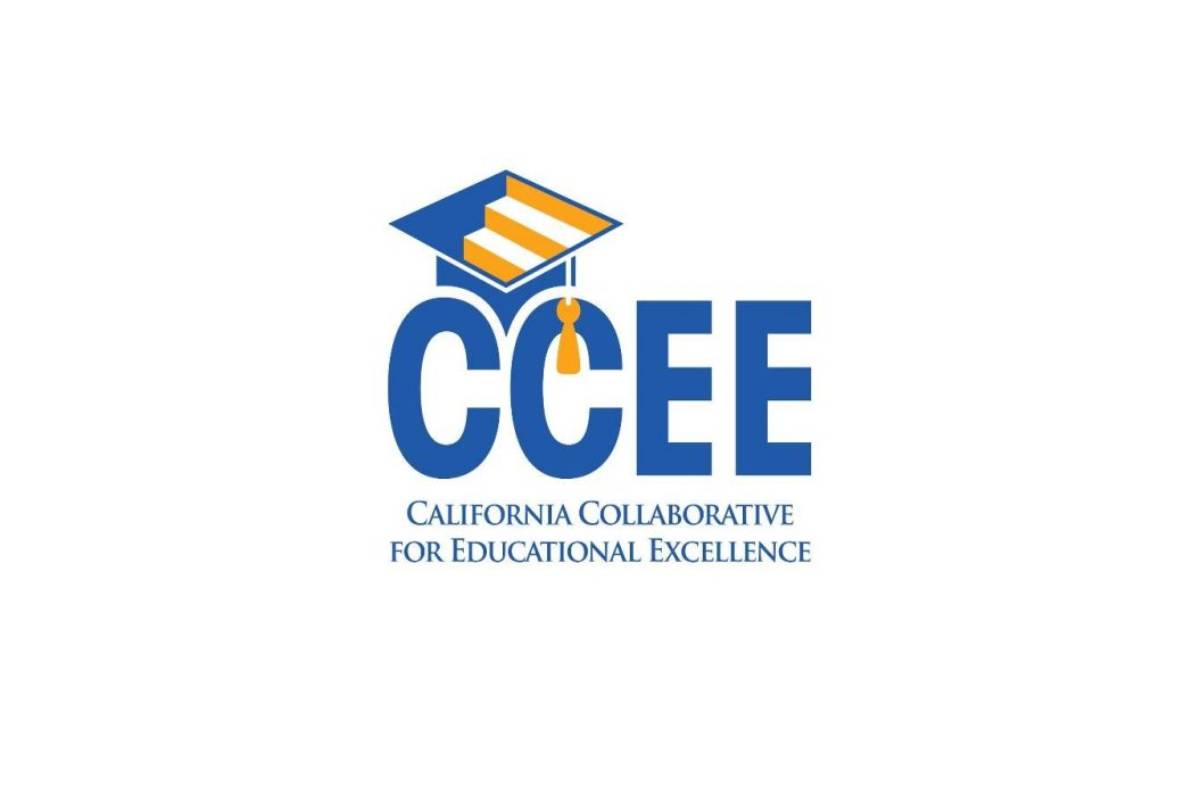The June 16 governing board meeting of the California Collaborative for Educational Excellence included updates on the agency’s three centers as well as on direct technical assistance being offered to school districts.
Transformative Systems for Equitable Educational Outcomes Center
This center aims to partner with educators, communities and organizations to help schools meet students’ evolving needs. Its Deputy Executive Director Chris Hartley presented key programs the center is engaging in — including a community engagement initiative, statewide system of support, one system collective and universal preK system of support — and what has been learned thus far.
One lesson learned was about capacity building and how CCEE can support education leaders in growing capacity and making improvements to address local issues. Hartley said that building capacity looks different around the state, especially with the variability in district size. “We have to look at capacity building with different lenses depending on people [we are] serving,” Hartley said.
Looking forward, the center will continue efforts to support and sustain a collective vision; deepen and scale its work; develop and promote “innovative change ideas and impact projects;” and enhance and develop partnerships and cross-agency relationships.
Innovation, Instruction and Impact Center
Deputy Executive Director Sujie Shin detailed the programs this center currently has underway including microlearning modules, a Universal Design for Learning (UDL) Journey Guide, research learning networks, internal impact measurement and analysis, and evaluation of statewide social-emotional learning initiatives.
Microlearning modules on how to engage students are being developed for new and substitute teachers and expected to launch this summer. The UDL Journey Guide is an interactive tool that takes users through four stages of implementing UDL, with information on state and national supports.
Shin’s center is looking to expand partnerships to further the usability of UDL and provide statewide SEL lessons as universal resources. The center also aims and to collaborate with partners to create and deliver evidence-based resources and services for local educational agencies that need support analyzing data in order to produce equitable student outcomes.
Teaching, Learning and Leading Center (TLLC)
Deputy Executive Director of TLLC, Stephanie Gregson, presented its three initiatives: a redesign of the CCEE’s direct technical assistance approach, work on professional learning networks and the new Learning Acceleration System Grant. The $50 million grant is for building out a statewide infrastructure on evidence-based strategies around literacy, language development and mathematics; three grantees are in the design process.
According to Gregson, relationships rooted in trust and a shared vision are essential; creating a co-learning environment is part of the foundation for school improvement; and there is a need for increased focus on evidence-based strategies and programs and greater understanding of what evidence-based means.
Direct technical assistance
The redesign of CCEE’s direct technical assistance approach grounds itself in Michael Fullan and Joanne Quinn’s Coherence Framework “with an emphasis on quality improvement coaching to more effectively impact school improvement.” Gregson said.
Starting in fall 2021, TLLC staff analyzed different frameworks to find one that best supports its direct technical assistance work. Feedback from involved LEAs was reviewed and Fullan and Quinn’s Coherence Framework was chosen “to develop clarity of goals, deepen learning and pedagogical processes, and build internal capacity.”
Gregson said that past reporting methods were not telling districts or CCEE what impact actions were having on their system or student outcomes, so the new reporting method is asset-based and meets districts where they are.
LEAs receiving direct technical assistance include Inglewood Unified School District, Mt. Diablo USD, Oakland USD, Sacramento City USD, Salinas Union High School District and Valley City USD.
Under the redesign, Oakland USD, for example, has 53 priorities/actions with 14 percent completed and 86 percent in progress. They’re centered around coherence, accountability and autonomy.
“Oakland focused on a districtwide approach for TK through fifth grade literacy that included professional development for teachers and principals through three elementary networks,” Gregson said. “Each elementary network engaged in three cycles of inquiry focused on various literacy components. For example, one of the networks focused on kinder letter recognition where they saw an increase of 47 percent in students mastering letter recognition over four months. Our support centered around coaching the district team leading these elementary networks through the coaching literacy cycles.”
Challenges the district has faced along the way include the impact of COVID-19 on staffing and complications related to proposed school consolidations.
CCEE board member LK Monroe, Alameda County’s outgoing superintendent, said Oakland USD’s work, “has been an incredible learning journey and Dr. Gregson did refer to the fact that all this has happened on the backdrop of COVID-19 and too many other challenges to name for Oakland Unified in particular. This new approach of CCEE to have focus areas as opposed to the systemic instructional review also aligns with ACOE’s approach … so it makes it much easier for us to talk apples-to-apples on how we’re supporting the district.
“Having a focus on something like literacy like Oakland does … that has been their overarching focus in their district across initiatives,” Monroe continued. “We know with improvement science that focusing deeply in a particular area is going to benefit what schools do across the system and we’re definitely seeing that.”
The June 16 meeting will be available to watch on the agency’s YouTube page. CCEE members are scheduled to convene next on Sept. 29.



